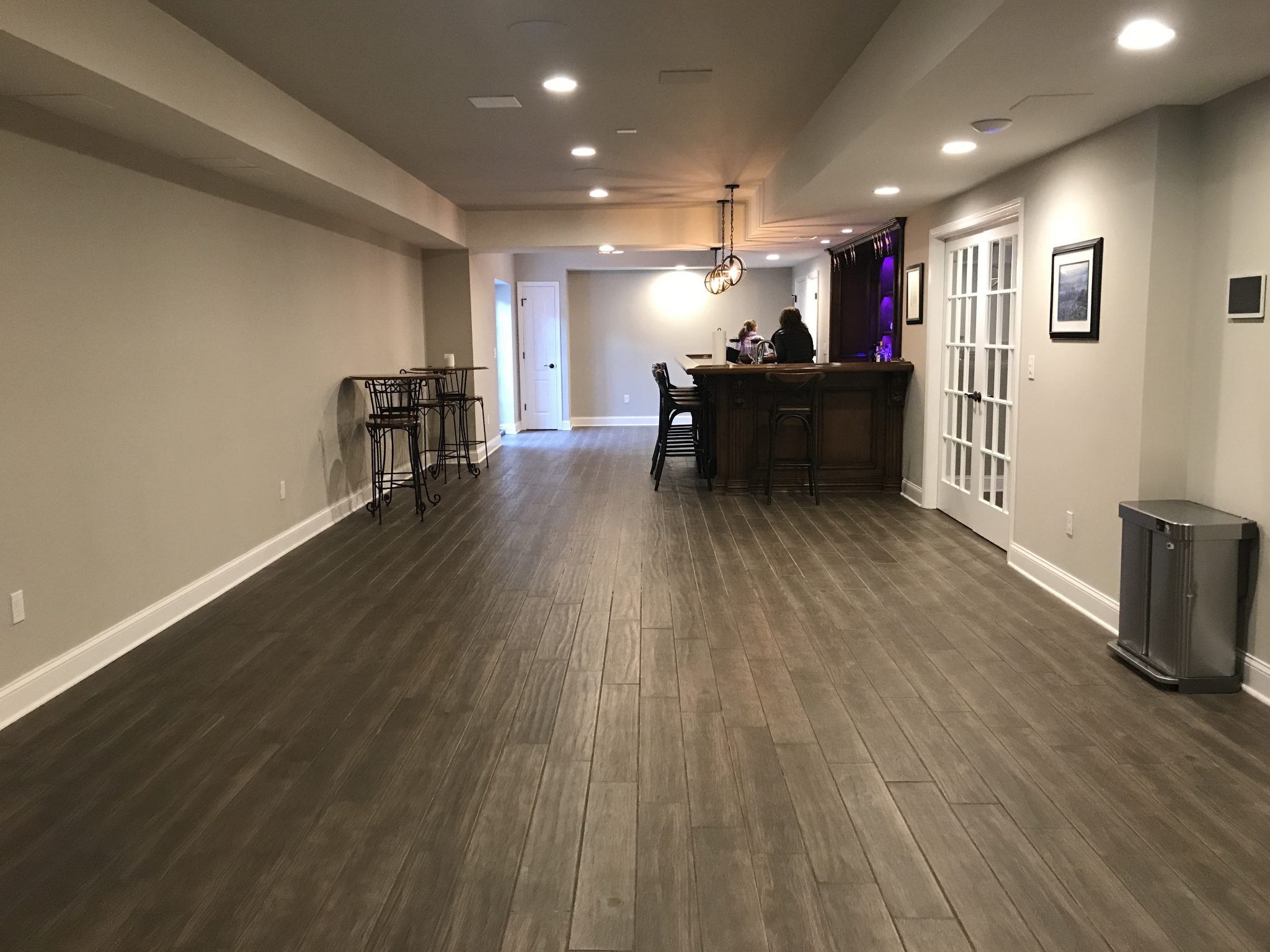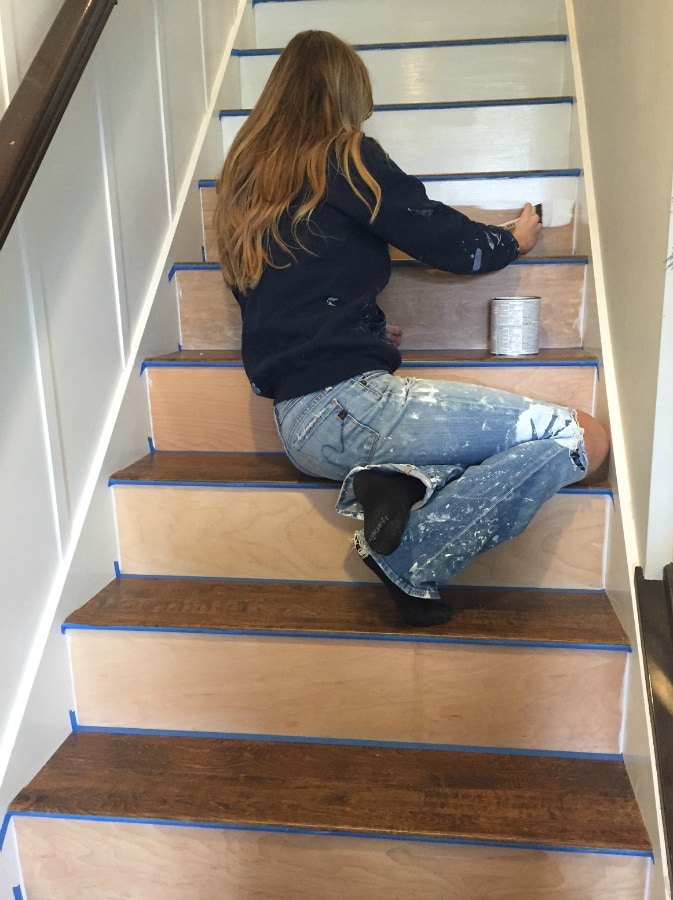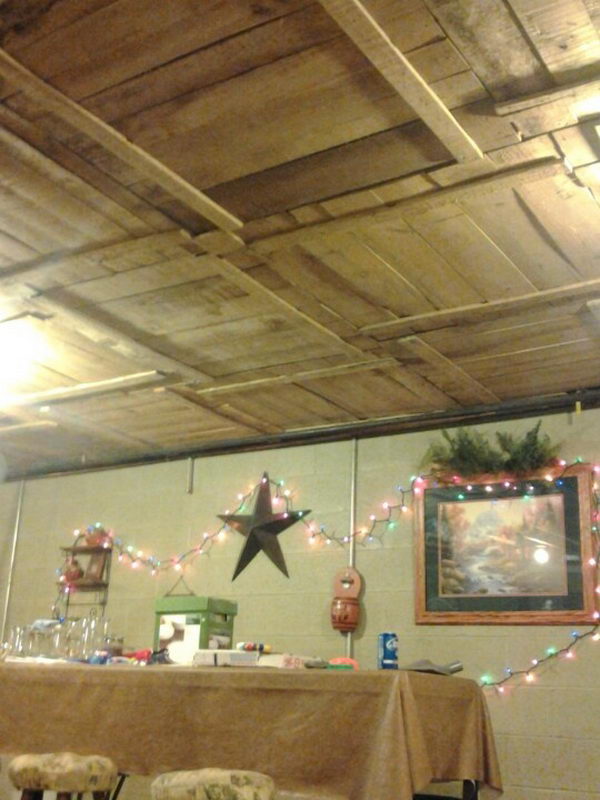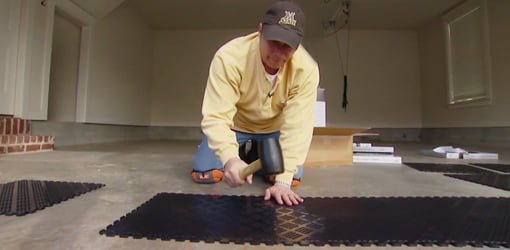A whole lot worse, a flooded basement can provide a great deal of headaches. Furthermore, you have to bear in mind the downstairs room could rather usually be prone to flooding so whatever flooring option you use, make sure that the room is adequately insulated or perhaps the type of flooring you choose will not perish with flooding.
Basement Floor Finishing Options

However, how about your basement? It is often one of the last spaces a homeowner thinks about with regards to flooring. Therefore, you have to do something to prevent the sort of damage to take place down the road. Do not discount the benefits of flooring in your basement.
Ways To Finish A Basement Floor • BASEMENT

The standard basement flooring is a basic cement floor, that you can use stains or paint to generate patterns that are different. You will be ready to go for excellent basement flooring which suits the needs of yours if you recognize exactly what to make out of the basement of yours in the long term.
Basement Renovation Mississauga Finish Basement, Remodeling, Floor Installation, Contractor

Eco Friendly Basement Flooring Options
/basement-floor-474445991-resized-56a2fd8e5f9b58b7d0d00125.jpg)
Floors – Finished Basements NJ

Choose the Right Basement Flooring (With images) Basement flooring options, Flooring options

Adding Self-Leveling Concrete to a Basement Floor! – Manhattan Nest Basement flooring

Cool Home Creations: Finishing Basement: Faux Finished Floor

How To Finish A Basement – A little DIY Basement, Concrete floors, Floor installation

Basement Finishing – Basement Flooring – Flooring During

Basement Finishing – Basement Flooring – Flooring Before

Stairway Makeover – Swapping Carpet for Laminate – The Lilypad Cottage

20+ Cool Basement Ceiling Ideas

InSoFast Basement makeover, Basement insulation, Basement walls

Garage Floor Finishing Options Today’s Homeowner

Related Posts:
- Keep Boxes Off Basement Floor
- Installing Shower Drain In Basement Floor
- How To Waterproof Basement Floor
- Basement Floor Drain Backs Up When Toilet Is Flushed
- How To Install Vinyl Flooring On Concrete Basement Floor
- How To Seal Cracks In Basement Floor
- Basement Flooring Ideas Pictures
- Fixing Cracks In Concrete Basement Floor
- Acid Wash Basement Floor
- Basement Floor Buckling